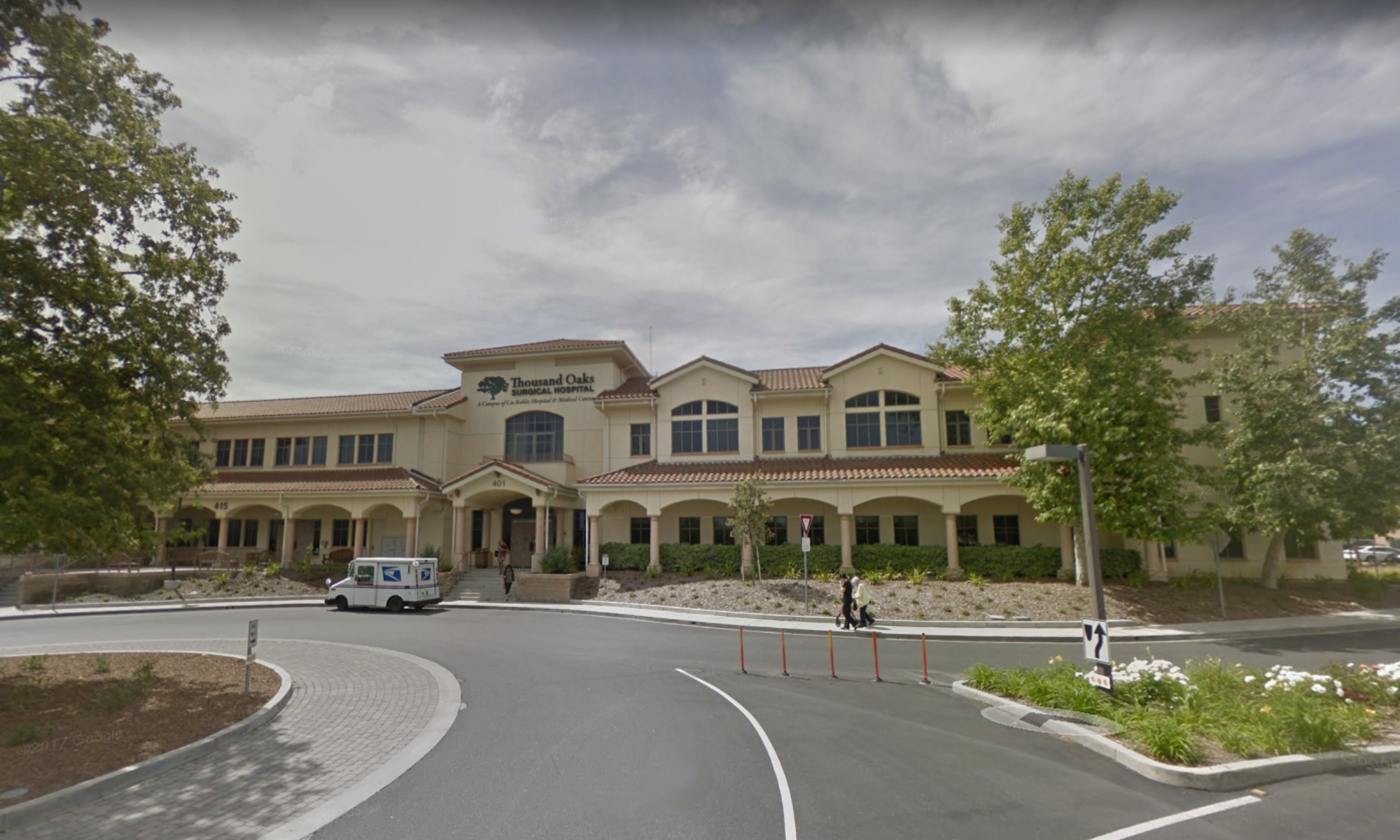You are a tenant leasing some kind of commercial space like retail, office, industrial or otherwise. You were smart and negotiated at least one option to renew your lease. But, should you exercise that option to renew? Do you really understand what conditions in which it would be favorable or not to exercise this option?
In my market in Southern California, most landlords will grant a tenant who is leasing commercial space an option to renew their lease for one additional lease term that is less or equal to their original term. For example, if you leased for a 5 year term then you could usually negotiate a 5 year or less option to renew. If you leased for 10 years, you might get one 10 year option to renew or perhaps two 5 year options to renew.
But here is where it gets tricky. It’s generally not in your best interest to exercise your option to renew. Instead, you should think of it as a last resort. Option to renew language usually contains a certain minimum rent to the landlord. For instance, it may be no less than what you were paying at the end of you current term or maybe it has a 3% bump above what you are paying at that time. I have found that market rents are usually lower than what your option to renew requires you to pay. And what about current market tenant concessions like free rent, improvements, etc.? You will most likely miss out on these.
Another provision that option to renew language usually contains is that the lease (except for the rent) will be on the same terms and conditions. So, if there is a clause in your lease that needs to be negotiated you may want to reconsider the option to renew. These clauses could include receiving a new base year for operating expense increases for an office tenant or excluding unreasonable lease clauses from applying. For instance, certain Triple Net clauses could be excluded for a retail tenant if you negotiated your renewal instead, but these exclusions won’t apply if you simply exercise your option to renew.
What is a tenant to do? Hire a good commercial broker to help. This broker will know the current market rents and be able to review the lease with you and recommend all necessary changes. If the broker is active in your area, then the landlord will be concerned that this broker might relocate you to another building if the landlord isn’t fair. You simply don’t have the same clout without a good broker and you won’t get as good of a deal. But do it at least 6-12 months in advance of when your current lease terminates or at least 3 months before you have to exercise your option to renew so your broker and you have time to review your needs and options. One other really good thing that happens when you don’t exercise your option to renew, but rather negotiate your renewal, is that your option to renew many times gets left in place and is still valid the next time your lease terminates.
I have successfully represented many commercials tenants for renewals for their leases and not just new leases. I can’t remember the last time I didn’t do much better than the tenant could do on their own. Many times the landlords end up paying my fee for the tenant’s renewal just like they always do when I represent a tenant for a new lease.
For more information about commercial leasing, buying, and selling please contact David Massie at DJM Commercial Real Estate at 505-217-0791 or david@djmcre.com.

